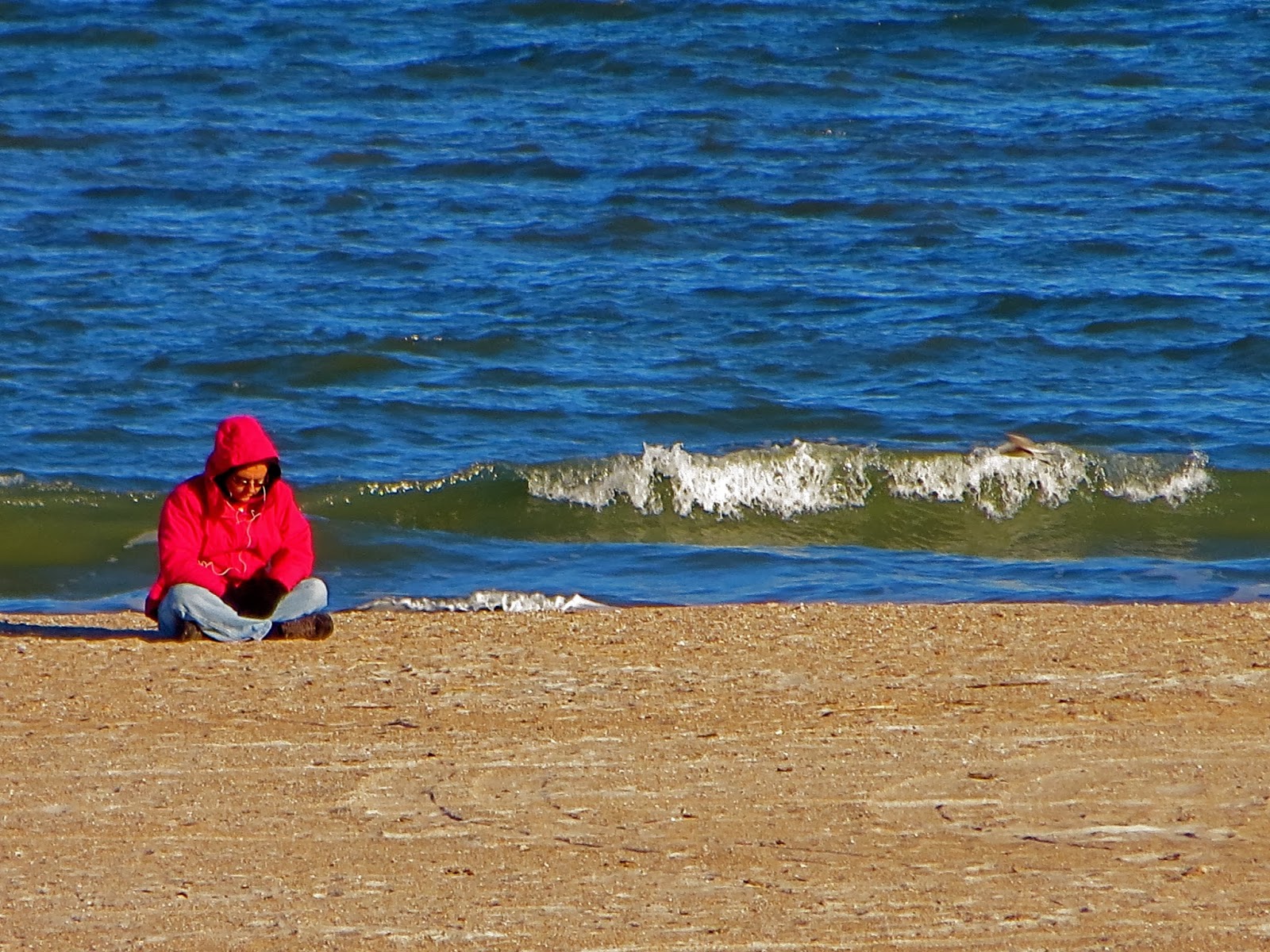 Here is an excerpt
from Peter Stitt's 1972 Paris Review interview with
esteemed poet James Wright (1927-1980), whose eloquence here makes clear why his finished poems are so widely admired.
Here is an excerpt
from Peter Stitt's 1972 Paris Review interview with
esteemed poet James Wright (1927-1980), whose eloquence here makes clear why his finished poems are so widely admired.  |
| Snowy Egret |
(The Bly to whom
Wright refers is poet Robert Bly, who had—still has?—a farm in Minnesota, which
Wright sometimes visited).
THE PARIS
REVIEW
The book that
followed, of course, is The Branch Will Not Break. How do these things
show up there?
JAMES WRIGHT
At the center of that
book is my rediscovery of the abounding delight of the body that I had
forgotten about. Every Friday afternoon I used to go out to Bly’s farm, and
there were so many animals out there. There was Simon, who was an Airedale, but
about the size of a Great Dane. There was David, the horse, my beautiful,
beloved David, the swaybacked palomino. Simon and David used to go out by Bly’s
barn. David would stand there looking out over the corn fields that lead onto
the prairies of South Dakota, and Simon would sit down beside him, and they
would stay there for hours. And sometimes, after I sat on the front porch and
watched them, sometimes I went and sat down beside Simon. Neither Simon nor
David looked at me, and I felt blessed. They allowed me to join them. They
liked me. I can’t get over it—they liked me. Simon didn’t bite me, David didn’t
kick me; they just stayed there as they were. And I sat down on my fat ass and
looked over the corn fields and the prairie with them. And there we were. One
afternoon, a gopher came up out of a hole and looked at us. Simon didn’t leap
for him, David didn’t kick him, and I didn’t shoot him. There we were, all four
of us together. All I was thinking was, I can be happy sometimes. And I’d
forgotten that. And with those animals I remembered then. And that is what that
book is about, the rediscovery. I didn’t hate my body at
all. I liked myself very much. Simon is lost. David, with what Robert called
his beautiful and sensitive face, has gone to the knacker’s. I wish I knew how to
tell you. My son Marsh, the musician, is in love with animals.
I’m posting Wright's passage today simply because I find it stunning, but also because some regulars here
are animal lovers, as am I. I
can’t imagine a piece of writing that better captures what I find beautiful
and comforting about the furry and the feathered (and lizards and bugs, though less
so).
True, animals can be crazy and mean (with or without pollution by humans), and I question the popular, romantic notion that animals kill only to feed themselves. A few months ago, a television piece showed an adult female lion (or was it a tiger?) who ate so much of her prey that her stomach exploded and killed her.
True, animals can be crazy and mean (with or without pollution by humans), and I question the popular, romantic notion that animals kill only to feed themselves. A few months ago, a television piece showed an adult female lion (or was it a tiger?) who ate so much of her prey that her stomach exploded and killed her.
I’m wary of sweeping
generalizations, even when they seem to come from reliable sources and
tell me what I think I want to hear about nobility in nature.
However, what James
Wright says here captures animals at their best, which is what they are most of
the time—plus the benefit of a human with convincing humility and
admiration.
For those who are interested, here is the entire interview, about various aspects of writing poetry, not just animals:
http://www.theparisreview.org/interviews/3839/the-art-of-poetry-no-19-james-wright
If you have the time, see also James Wright’s poems, “A Blessing” and “Lying in a Hammock,” which are rather directly related to the passage above.
For those who are interested, here is the entire interview, about various aspects of writing poetry, not just animals:
http://www.theparisreview.org/interviews/3839/the-art-of-poetry-no-19-james-wright
If you have the time, see also James Wright’s poems, “A Blessing” and “Lying in a Hammock,” which are rather directly related to the passage above.
 |
| Yellow-Rumped Warbler, Female |
Lying in a Hammock at William Duffy’s Farm in Pine Island, Minnesota by James Wright : The Poetry Foundation
See and hear Wright reading the poem here: http://www.youtube.com/watch?v=wpQU79sda3Q
Visitors and I discussed these poems here a few years ago:
"Lying in a Hammock":
http://banjo52.blogspot.com/search?q=lying+in+a+hammock
"A Blessing":
https://www.blogger.com/blogger.g?blogID=2883979841111173610#editor/target=post;postID=5566567101729438795










































